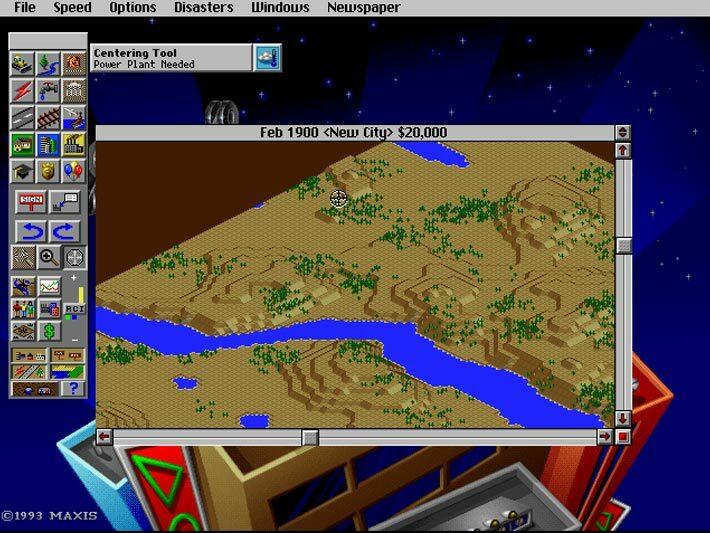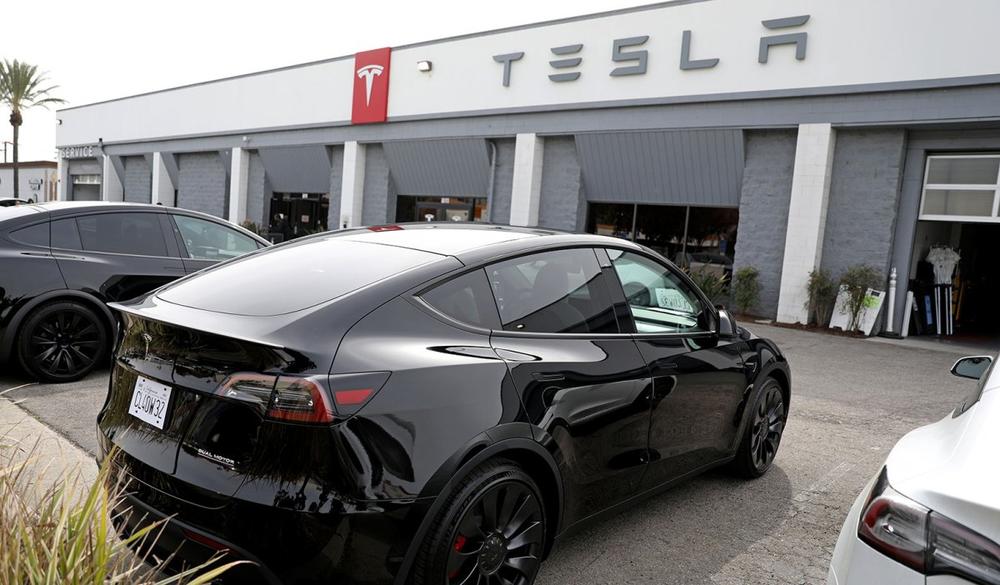When I was a child, SimCity 2000 felt like a fun, animated set of urban-themed Lego blocks to tinker with. Revisiting the game roughly three decades later, though, I've found the weight of my adult responsibilities tempering my role as god-mayor of a tiny metropolis.
The tough economics of establishing a thriving city barely concerned me as a child. Rather than building up a durable tax base from a slowly growing city of happy citizens, I'd usually type in an infinite money cheat or load up the handy Urban Renewal Kit expansion to build whatever I wanted, wherever I wanted, as quickly as possible.
Thus unleashed, my childhood self would go mad with unchecked power, petulantly turning dials just to see what happened to the citizens in my virtual ant farm. Sometimes I'd try to arrange a repeating grid of fancy arcologies and police stations, trying to create a regimented utopia out of the game's most expensive (and therefore "best") building type. More often, I'd play with the far edges of the simulation, crowding residential areas next to polluting heavy industry or letting entire neighborhoods go without fire protection and waiting to see how long it took for things to fall apart.
Coming back to SimCity 2000 today, I find it much harder to callously play with the lives of my virtual citizens. The years I've spent as a homeowner, parent, and city-dwelling adult make me at least pause before I willingly inflict that kind of pain on my tiny subjects.
As a child, I'd think nothing of temporarily cranking up property taxes just to pay for a pet project; now, it makes me think of my own slowly rising property tax bill. As a child, I saw the "legalized gambling" ordinance as an easy hack to fill in a budget gap in a struggling city; now, I think about all the attendant problems that would come if my town suddenly became a gambling mecca.
Today, when I hear the game's traffic chopper constantly complaining about snarled roads, I think of all the times I've been sitting in traffic, cursing city planners who don't invest enough in mass transit. Likewise, when I see a sim-neighborhood blighted by blackened, abandoned buildings, I think of the similar struggling areas I've seen dotting cities I've lived in.
Trade-offs
Playing SimCity 2000 as an adult forces me to sit and think about what I consider important in a livable environment in a way I couldn't fully process as a child.
Can I live my values by sparing some money in a tight budget for homeless shelters or anti-smoking initiatives? Should I trust my police captain when he says crime is out of control, or should I wonder if he's just protecting his own livelihood? Do I really want to spend more money and land space on solar power plants, or is a little pollution from the cheaper coal plant worth the trade-off?
While these kinds of decisions plague me now in a way they never did as a child, the trade-offs I don't have to make in SimCity 2000 also stand out. If I want to build a train line in SimCity 2000, I can literally pause time and just drag the tracks across the entirety of downtown. Here in the real world of suburban DC, I've watched as construction of the Purple Line light rail has dragged on outside my window for years, snarling traffic and running up costs in the process.
I understand why a game like SimCity doesn't force you to wait multiple in-game years to level a mountain or build a long bridge, for instance. But the idealized construction speeds shown here do give a skewed view of urban development that can be seductive in its simplicity.
Retro-future
Speaking of seductive simplicity, the retro-futurism of SimCity 2000's look and feel is still compelling after all this time. As a child, I remember being immediately put off by the look of the original SimCity, with its garish EGA colors, complicated user interface, and overly rigid, stylized overhead grid map. By contrast, the bright SVGA colors, angular hills, flowing waterfalls, and isometric skyscrapers of SimCity 2000 felt, at the time, like the future implied by its title.
Now that the year 2000 is a quarter-century in the past, there are definitely some UI touches that feel downright archaic, though. Years of quickly dragging and zooming through the likes of Google Maps and smartphone photos makes it feel incredibly awkward to use the much rougher camera tools in SimCity 2000. I found myself constantly wishing for the ability to turn the camera in increments less than 90 degrees or to have access to a more fine-grained zoom control.
Still, it's hard to deny the charm of seeing these tiny pixel-art buildings popping up like weeds from a carefully manicured zoning plot, fed by electricity, water, and nearby services you've set up. As a responsible adult, I want to do right by the tiny citizens in those tiny virtual houses and create a living space for them where they can build a life worth living.
But I'd be lying if my inner child didn't just want to unleash a tornado on virtual downtown sometimes...
Feel like giving SimCity 2000 a whirl? Grab the DOSBox-powered Special Edition—complete with Urban Renewal Kit—for only $5.99 on the GOG store! Ars Technica may earn compensation for sales from links on this post through affiliate programs.

 Tesla is redesigning its door handles following safety probe, Bloomberg investigation
Tesla is redesigning its door handles following safety probe, Bloomberg investigation